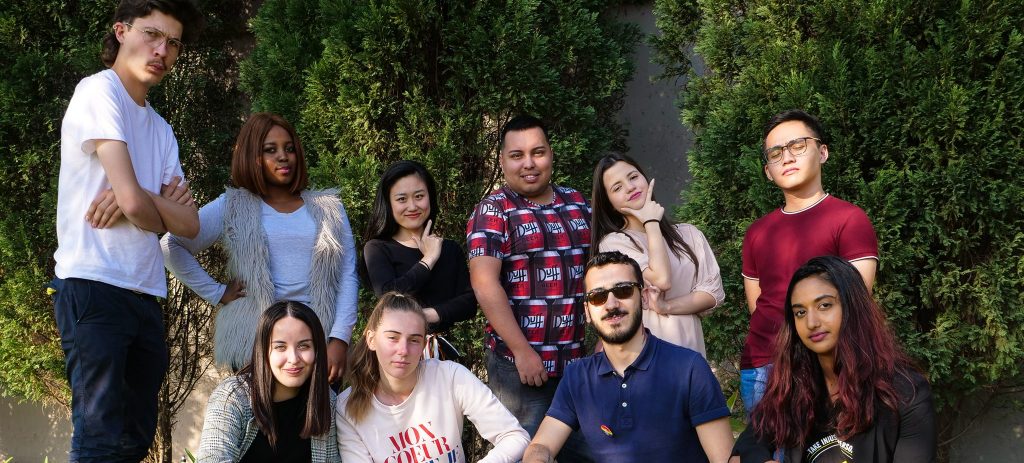With the rise anti-human-rights politics and global leaders taking inward-looking positions on global issues such as migration and environmental change, the space for exercising civil rights and civil protest is shrinking.
Yet, in a heartening move, youth leaders are rising up and challenging the status quo; their voices no longer drowned out by “strong men politics” and anti-human-rights rhetoric. They’re pushing back and reclaiming their space in the world.
An inspiring group of global young leaders recently came together as part of Amnesty International’s Global Assembly in Johannesburg, South Africa, to share how they’re fighting for human rights in their country.
Adélaïde Charlier, Belgium
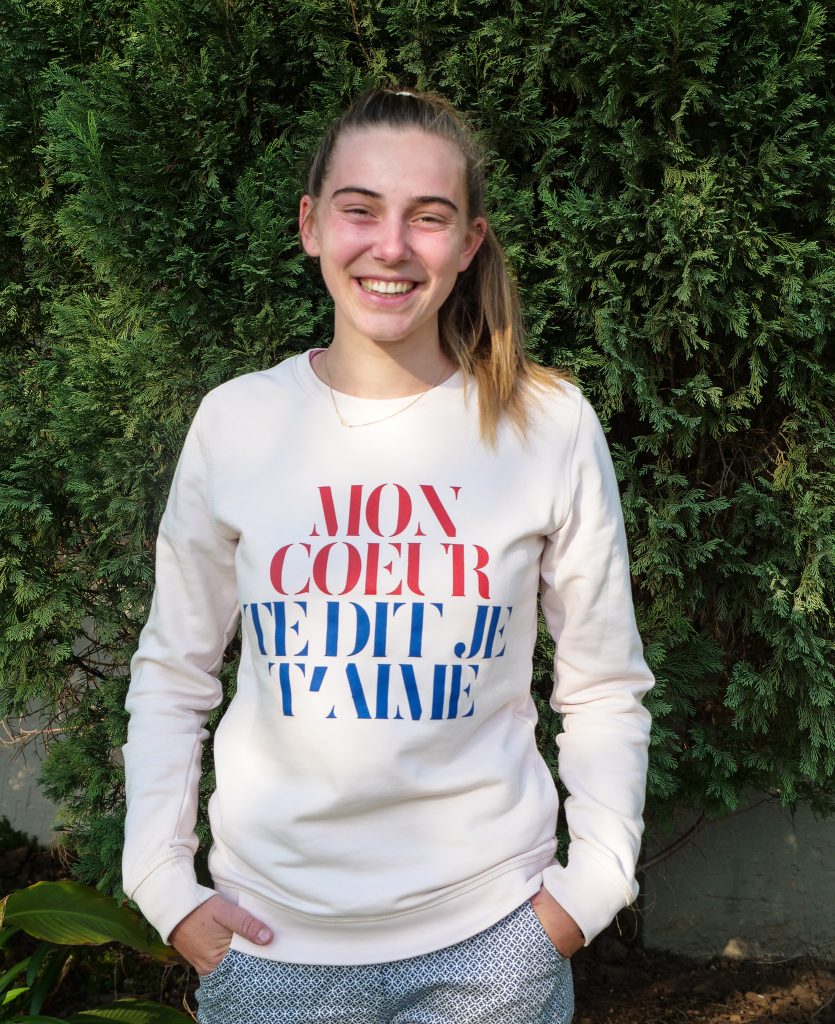
The failure to tackle the climate crisis could become the greatest human rights violation in history, but young people around the world are determined to take action, by leading the battle for climate justice. Adélaïde Charlier, a youth leader from Belgium is at the forefront of this fight.
“I’ve always had a connection with nature, but in Belgium, climate change was just something we talked about. As a young person, I knew I had the opportunity to make an impact. Inspired by Greta Thunberg, my friend and I joined forces and started striking for our future.
The first time we staged a strike, there was 350 of us. At the second march there were 15,000 people and by the third 35,000 young people were striking,” said Adélaïde.
“Climate change is real, and adults need to start taking responsibility. We took a risk by skipping school, but it’s what we have to do if we want to make change happen!”
Manu Gaspar, Philippines
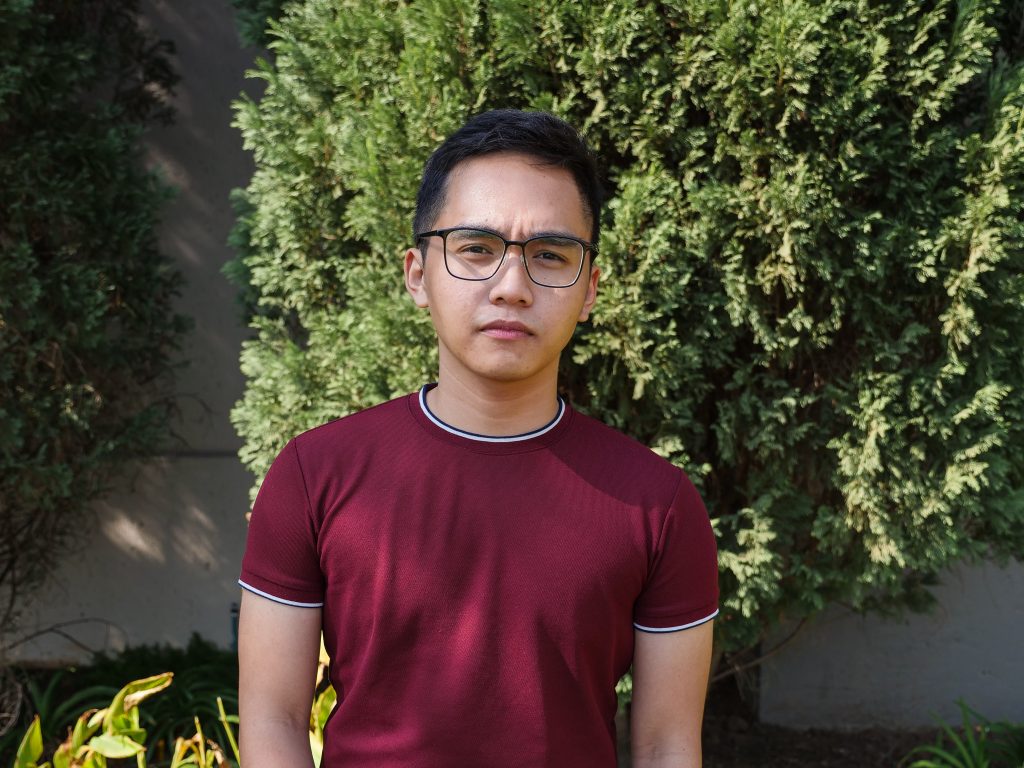
Attacks against human rights defenders in the Philippines is on the rise, with President Duterte encouraging police to “shoot” human rights defenders accusing them of “obstructing justice”. Standing brave is youth leader Manu Gaspar.
“Peaceful young protesters face police brutality, especially in Southeast Asia. We are determined to stand up for our rights and we will not back down in the face of intimidation. I want world leaders to listen to young people and their concerns, rather than making condescending remarks.”
Karin Watson Ferrer, Chile
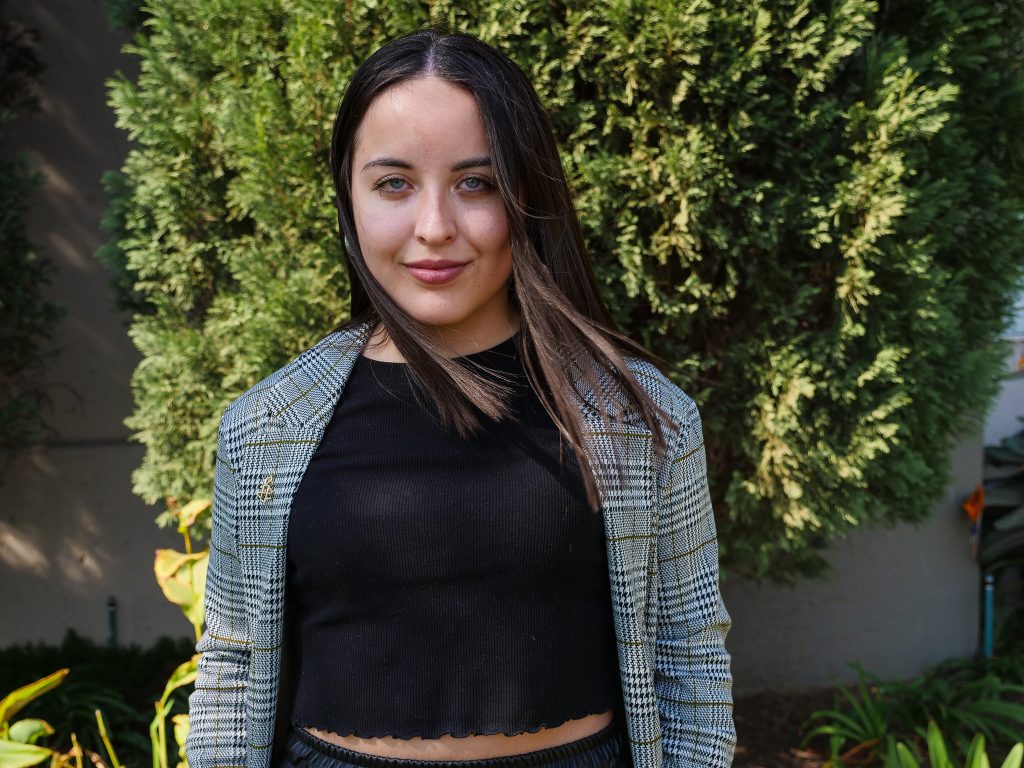
Karin Watson Ferrer is a keen campaigner for women’s reproductive rights and she’s calling for safe and legal abortion in Chile.
“Up until 2017, there was a total ban on abortion in Chile. Now women can have an abortion when a woman’s life is in danger, when a foetus is unviable and when a pregnancy results from rape. Even though it’s step forward, issues remain, and all women should have the right to choose,” said Karin.
To remove the stigma associated with abortion, Karin and her friend founded Que se sepa! (Let it be known), a platform for women share their experiences of abortion in a safe way.
“Women need to be able to talk about this issue, so they know they’re not alone. I’ve been in contact with dozens of women who needed to speak up about what they’ve experienced – and they’ve found a safe way to do it, anonymously, via this platform.”
Vibha Venkatesha, USA
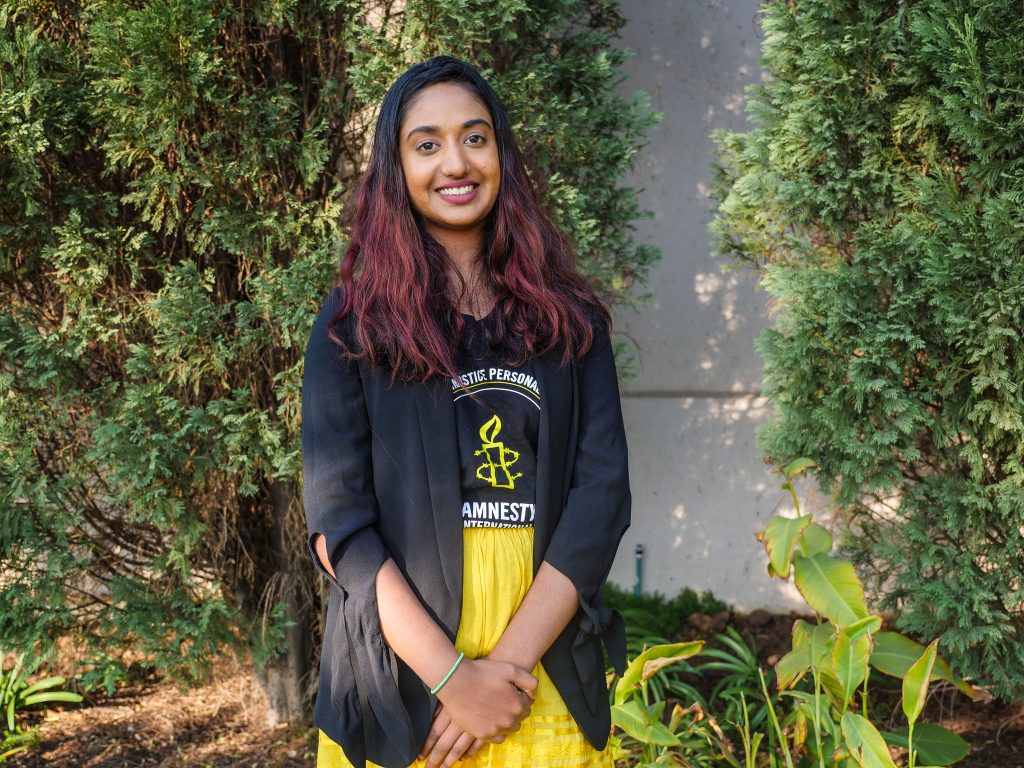
With the USA imposing restrictions on migration and women’s rights, as well as preventing moves towards climate justice, young people are fighting for their human rights like never before!
“Sometimes the idea of activism is so scary, but it can be something as simple as just having a conversation with someone,” said youth leader Vibha Venkatesha.
“Defending human rights has given me a sense of belonging. After the Muslim ban was announced, a student was barred from my university just because he was from a country on the list. Five hundred students staged a rally in protest – while we know we can’t stop the Muslim ban from happening, the student experienced a sense of belonging and we made sure he felt heard.”
Christoph Alberts, Germany
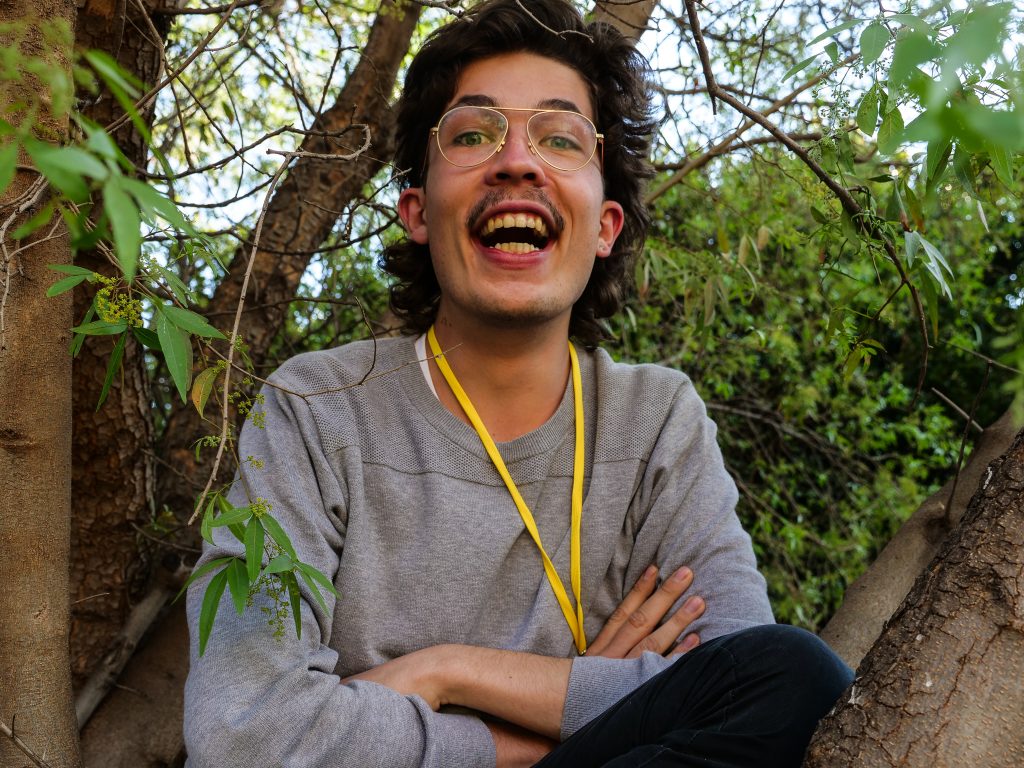
Not everything works well in Germany and sociocultural issues still cause deep rifts, preventing the full respect and protection of human rights.
“Issues such as homophobia, racism and sexism are still rife across Germany, while there are rising concerns around climate change and police using excessive force,” said Christoph Alberts, who has been encouraging young people to take action for the past five years.
“At the moment, we have to fight for our rights even more. Generational conflict is putting us at risk and I do wonder what our futures will be like. We have to be loud and we want to reclaim our right to a better future.”
Adriana Bottini, Venezuela
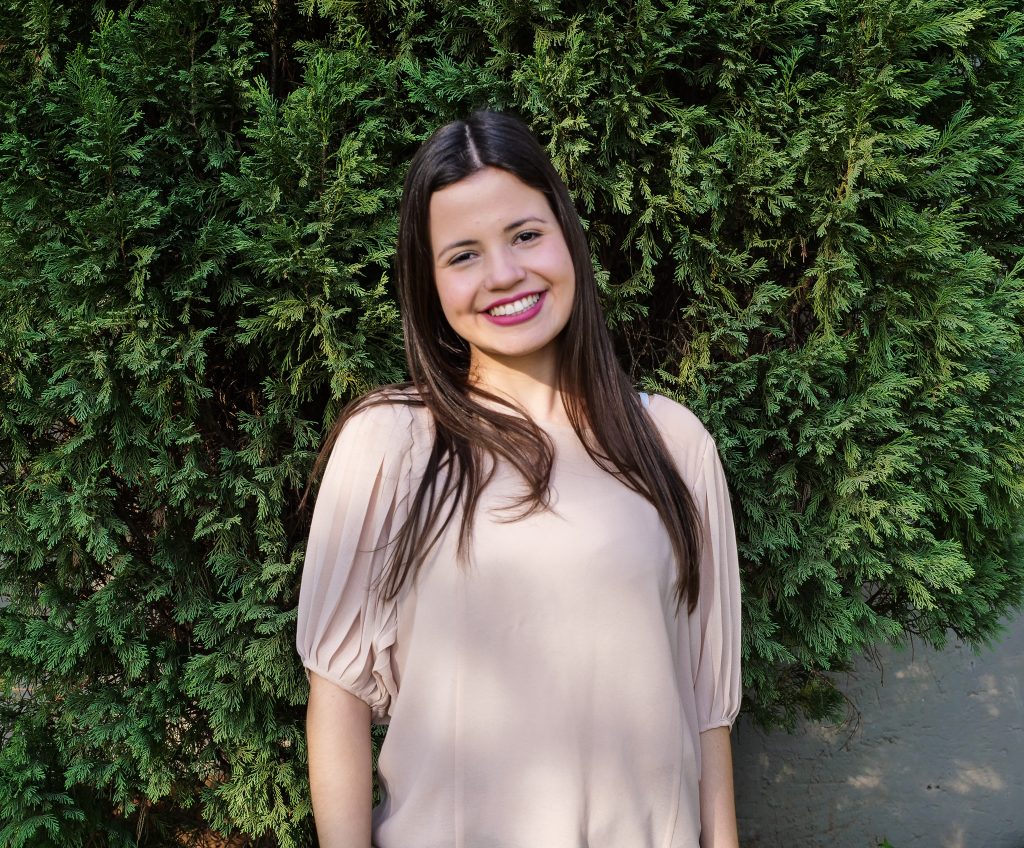
Venezuela has been experiencing a human rights crisis for several years, resulting in a lack of access to food and medicine, a deterioration in health services, as well as violence and political repression by the state. And the country’s youth are picking up the pieces.
“Politics in my country is not a choice, it is a duty,” said Adriana Bottini, a young leader determined to make her voice heard.
“The Venezuelan government has stolen my youth. Being young is about challenging systems to make the world a better place and challenging power structures. Everything that was established has turned to ashes, there’s a whole new world to build and it’s not an opportunity many young people get. There are no barriers to what I can achieve.”
Brayan Monsalve, Colombia
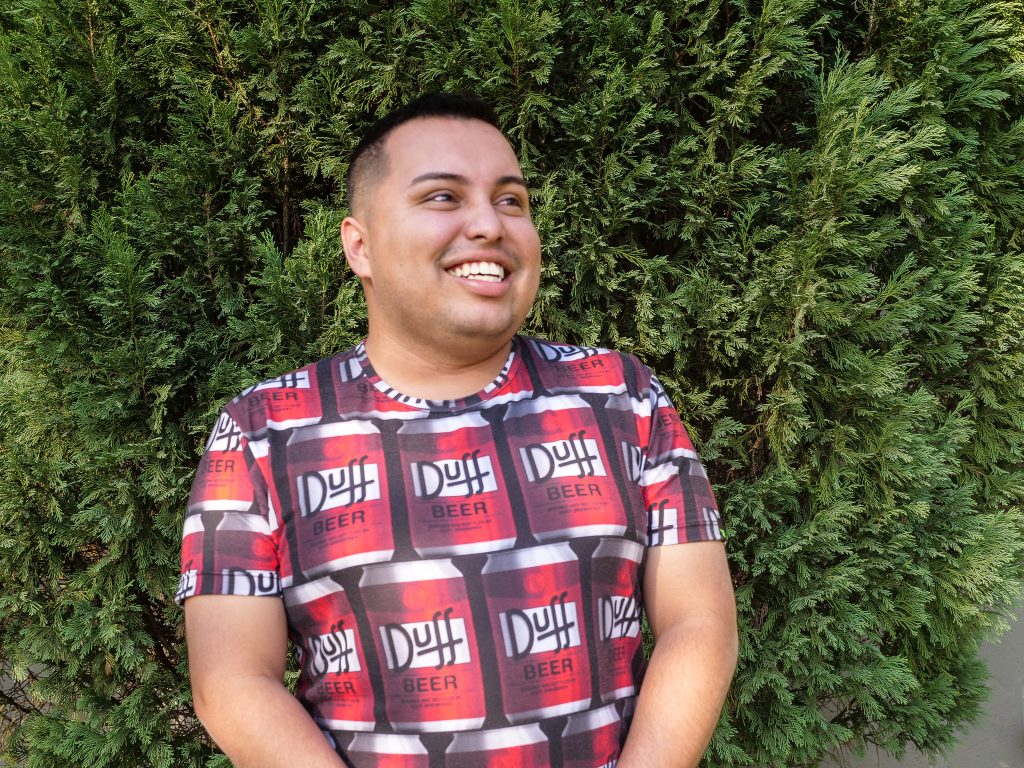
Human rights defenders from Colombia face continued threats and targeted killings. The Office of the UN High Commissioner for Human Rights reports that at least 105 human rights defenders were killed in Colombiabetween 2017-2018.
Brayan Monsalve, a 20-year-old psychology student from Colombia, is part of Human Rights Colombia, an NGO working to protect and defend human rights in his country. Brayan’s family was forced to flee their home? due to the political unrest in the country and this experience has encouraged him to fight for the rights of others.
“My father once said, ‘You have to fight for your dreams, and when you fight for your dreams they become a reality.’ That’s why I am a human rights defender. I know how it feels to be threatened and attacked and I would never want anyone to feel that way. Everyone one is able to make a difference and, together, we can change the history of Colombia.”
Lehlogonolo Muthevhuli, South Africa
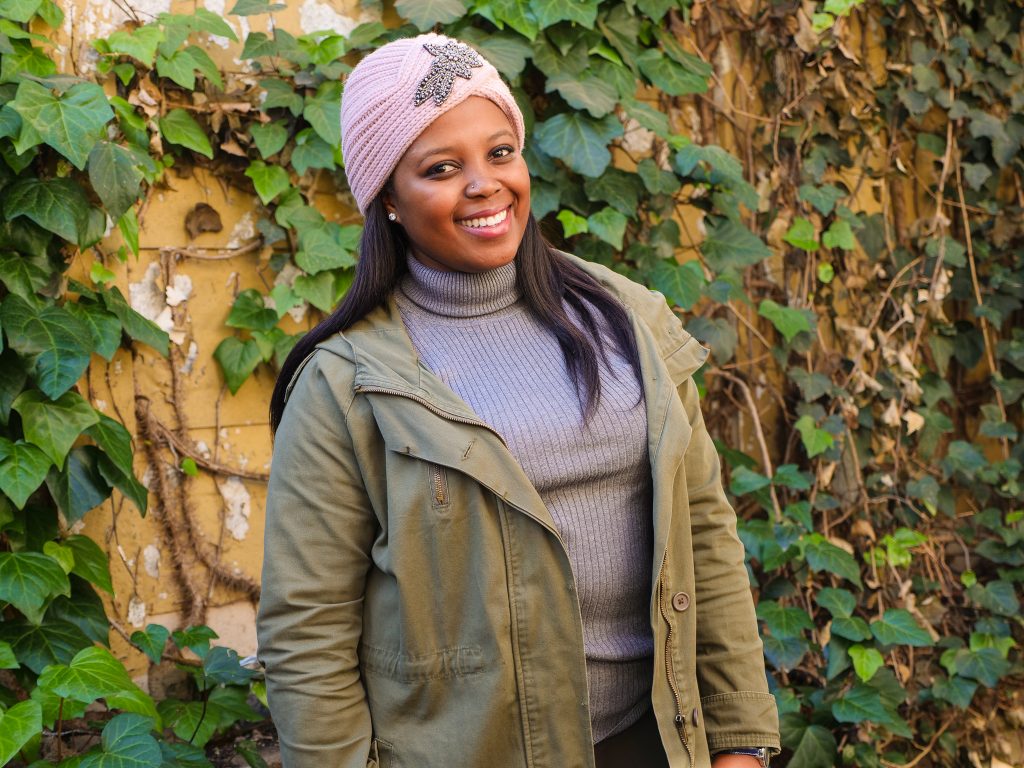
Although the Bill of Rights enshrines human rights in the South African constitution, the country’s deep inequality means some enjoy human rights more than others. Lehlogonolo Muthevhuli, a recent graduate, is breaking the taboos around menstruation and calling for mental health to be taken more seriously.
“When it comes to accessing healthcare, young people are often left behind. If you can’t afford medical aid, you have to rely on derisory public healthcare facilities, where young people do not get the care they need,” said Lehlogonolo.
“Young women are judged when they ask for contraception, while mental health is not a priority. Getting access to proper care is a long, arduous process. I want to change this, especially on my university campus, so I am petitioning my university to provide more access and services to students.”
Miho Kawamoto, Japan
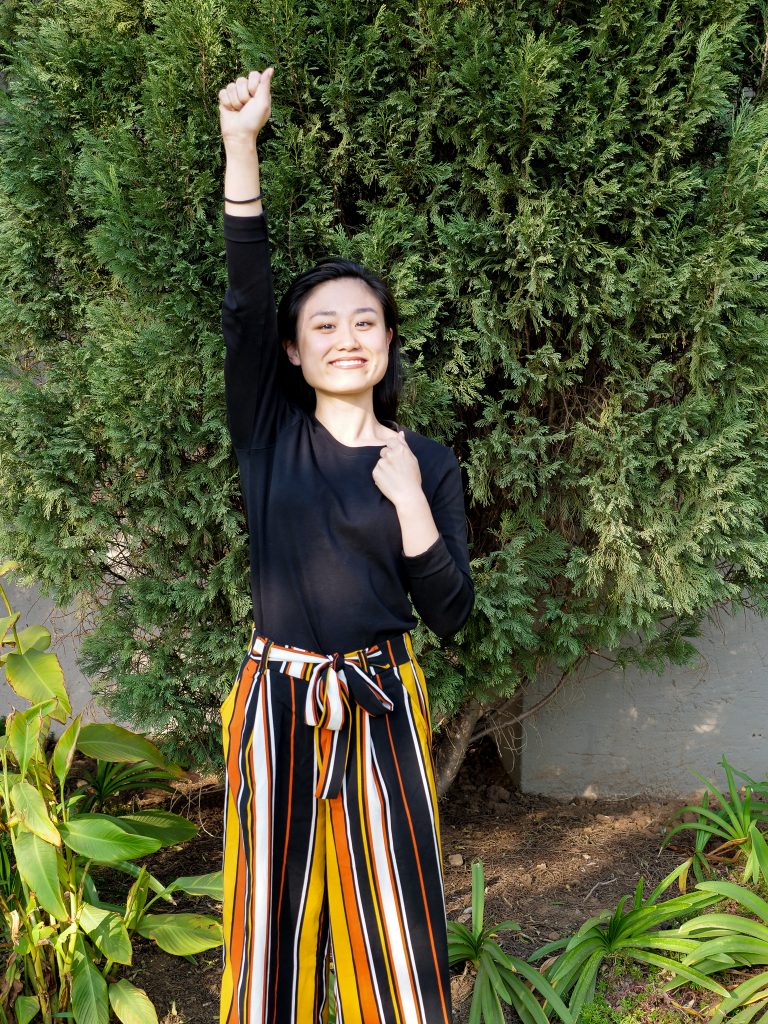
Miho Kawamoto, a young activist from Japan, is leading the charge when it comes to educating Japanese society about their human rights and the importance of tolerance.
“In Japan, no one tells you about your human rights or that refugees and migrants are entitled to them too,” said Miho.
“Recent figures revealed that the Japanese Government approved just 28 out of almost 11,000 requests for asylum in 2017. These numbers are insane. It made me realize how this lack of knowledge around our rights makes us forget about the rights of others. I want to change this narrative and make sure I am doing everything in my power to support refugees and asylum seekers in Japan.”
Marsel Tuğkan, Turkey
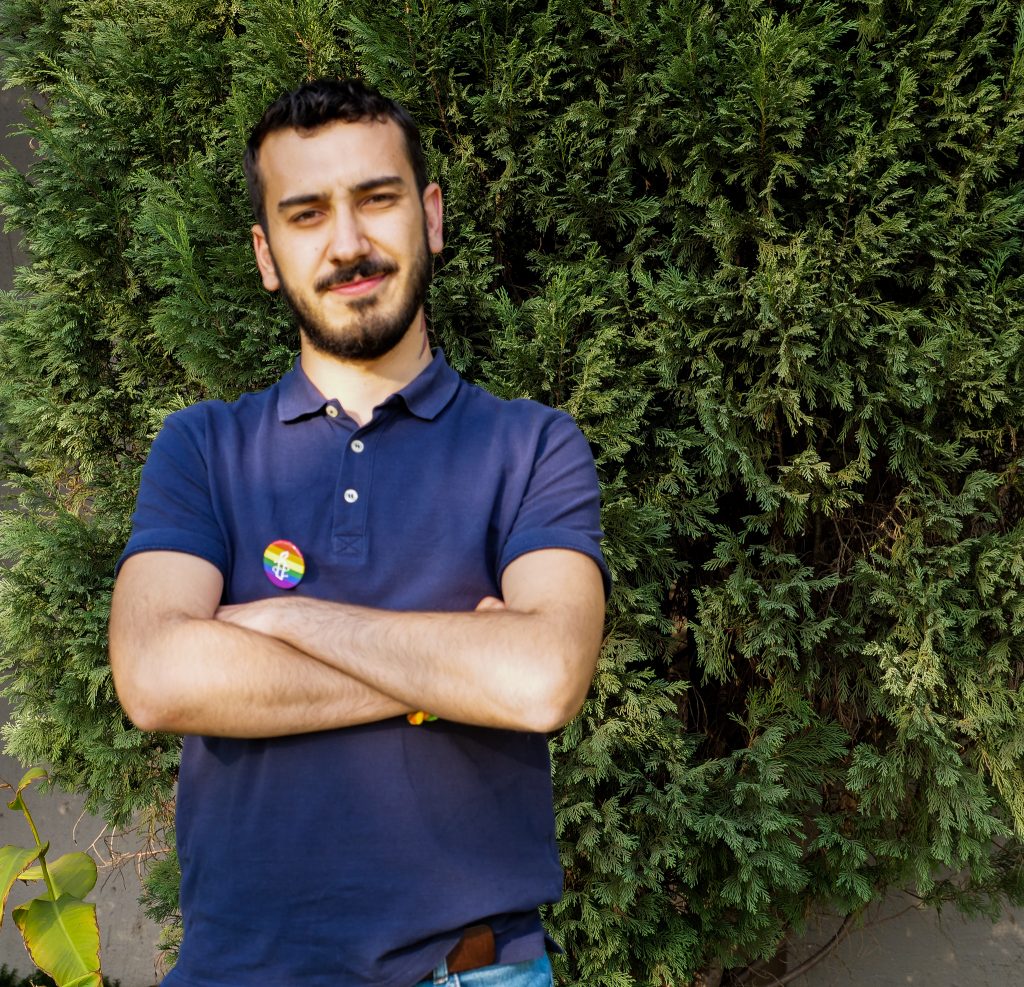
Turkey’s two-year-long state of emergency may have come to an end in July 2018, but the space for human rights is ever-shrinking. Marsel Tuğkan, 25, is fighting to keep the human rights space open and engaged.
“Defending human rights is being criminalized by the government and the biggest priority right now is defending human rights defenders. I cannot stand injustice and inequality – it’s part of my identity.”

